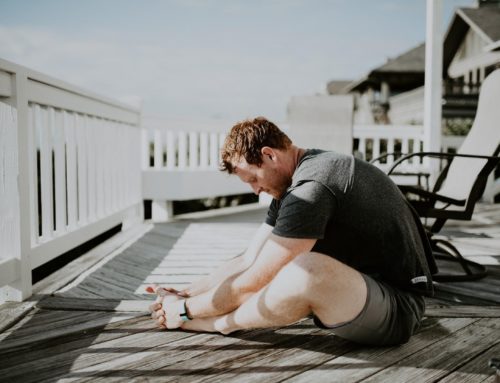 Alcoholism and drug abuse are an equal opportunity destroyer. Their impact on society is in terms of lost productivity and revenue to businesses; overburdened / overcrowded hospital emergency rooms, courts and correctional institutions; Abuse and addiction impact people of all races, ethnicities, religions and economic levels.
Alcoholism and drug abuse are an equal opportunity destroyer. Their impact on society is in terms of lost productivity and revenue to businesses; overburdened / overcrowded hospital emergency rooms, courts and correctional institutions; Abuse and addiction impact people of all races, ethnicities, religions and economic levels.
Alcohol and drug abuse impacts one’s entire family, whether they be infants or toddlers, young children or adolescents, young or older adults, brothers and sisters, partners or spouses, parents and grandparents, extended family members and friends. Thinking of the family as an interrelated, interdependent system (much the same as a machine is made of many parts, each dependent on the other part to function), when one member of the family system abuses or is addicted to substances (whether obtained legally or illegally, by prescription or over-the-counter) the entire family suffers, as financial, physical and emotional resources are stressed to the breaking point and family unity and cohesiveness eroded.
It is convenient to identify the alcohol or drug abuser as the one with “the problem” (“if only we could fix him / her, things will get better for everyone”). However, much the same way as the identified abuser or addict is sick and in need of help, so too members of the “family system” are sick and in need of help. Families need to understand that just as the addict is responsible for their own recovery, they too are responsible for their own recovery. The whole family is in this together, as addiction in the family strains relationships, leads to mistrust, frustration and fear, and an overwhelming sense of hopelessness, sadness and even depression.
As the indentified abuser or addict may feel stuck and in need of skills or tools for healthy recovery, no family is born with the knowledge, skills or experience to effectively deal with abuse or addiction. These skills must be acquired and practiced on a daily basis. With proper help and support, families can learn skills to repair the damage and function as a healthy, supportive and nurturing system.
Family engagement in the recovery process is essential if the family is to heal from the destructive impact of addiction. To move from uncertainty and confusion to repair and restoration, family members should consider the following:
- Education on Addiction and the Family: Understanding how addiction impacts both the addicted person and the family is essential to beginning the process of recovery for all.
- Learn Communication Skills: Active addiction destroys family communication. Good communication and listening skills are essential components to moving the family toward engagement and cohesiveness.
- Detachment and Responsibility for Self: Rather than trying to fix everyone else, it’s important for family members to know when to detach and assume responsibility for their own behavior.
- Stop Old Behaviors:It’s important to examine the role denial, blame, minimization and enabling play in reinforcing addictive behaviors.
- Engage the Children: Parents play a critically important role in providing support and protection to their children. While playing an active role in their child’s recovery, parents must also be willing to engage in their own active recovery to address personal challenges and issues.
- Build on strengths versus weakness: Engaging in the recovery process means identifying and building upon personal and family strengths. It’s important to develop and nurture personal activities that promote self-identity while also engaging in family activities that support family connection.
- Understand that relapse while not inevitable is possible: Just as individuals relapse and revert back to old patterns that lead back to alcohol and drugs, so too family members can revert back to old unproductive thinking and behavior patterns that undermine the family system’s well-being and cohesiveness.
Recovery, both for identified addict and family members, is often measured in years rather than days or months. With a willingness and motivation for change, recovery is possible. With a consistently structured program of support and treatment, the odds of staying clean and sober are enhanced. Support and treatment come in many forms, as the one- size- fits- all approach does not work. Seeking out the help of a mental health professional can be a good starting point on the road to recovery for the entire family.





